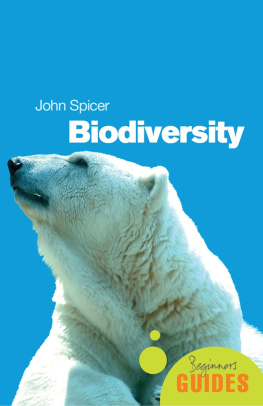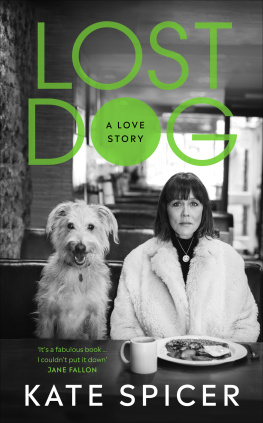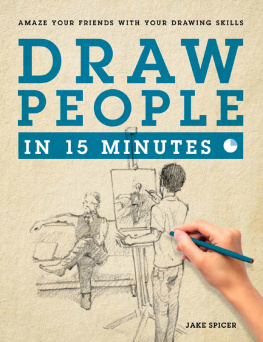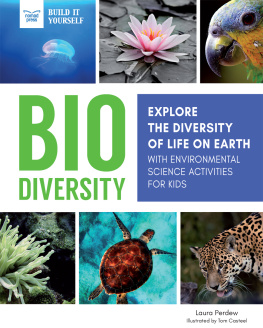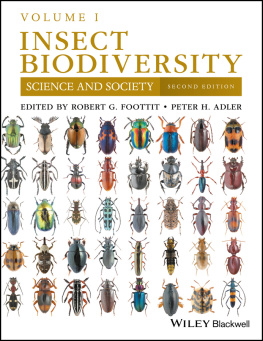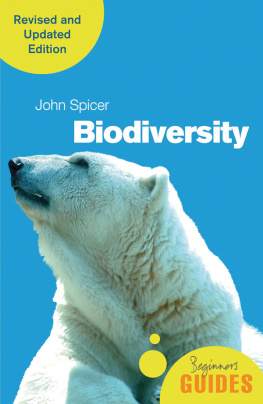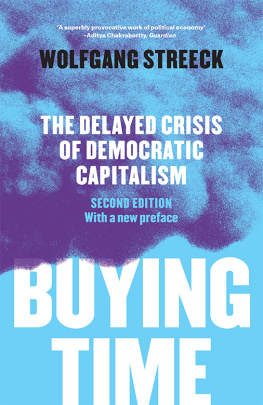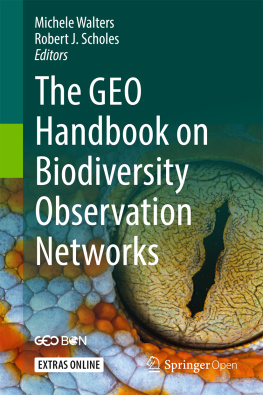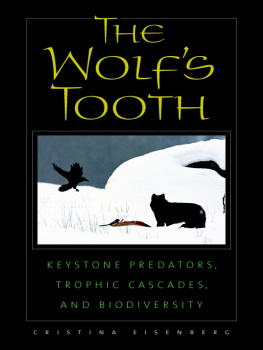
ONEWORLD BEGINNERS GUIDES combine an original, inventive, and engaging approach with expert analysis on subjects ranging from art and history to religion and politics, and everything in between. Innovative and affordable, books in the series are perfect for anyone curious about the way the world works and the big ideas of our time.
aesthetics
africa
american politics
anarchism
anticapitalism
aquinas
art
artificial intelligence
the bahai faith
the beat generation
biodiversity
bioterror & biowarfare
the brain
british politics
the buddha
cancer
censorship
christianity
civil liberties
classical music
climate change
cloning
cold war
conservation
crimes against humanity
criminal psychology
critical thinking
daoism
democracy
dewey
descartes
dyslexia
energy
engineering
the enlightenment
epistemology
the european union
evolution
evolutionary psychology
existentialism
fair trade
feminism
forensic science
french literature
french revolution
genetics
global terrorism
hinduism
history of science
humanism
islamic philosophy
journalism
judaism
lacan
life in the universe
literary theory
machiavelli
mafia & organized crime
magic
marx
medieval philosophy
middle east
modern slavery
NATO
nietzsche
the northern ireland conflict
oil
opera
the palestineisraeli conflict
particle physics
paul
philosophy of mind
philosophy of religion
philosophy of science
planet earth
postmodernism
psychology
quantum physics
the quran
racism
religion
renaissance art
shakespeare
the small arms trade
sufism
the torah
the united nations
volcanoes

biodiversity: a beginners guide
Published by Oneworld Publications 2006
This ebook edition published in 2012
Copyright John Spicer 2006
All rights reserved
Copyright under Berne Convention
A CIP record for this title is available from the British Library
ebook ISBN: 9781780741321
paperback ISBN: 9781851684717
Typeset by Jayvee, Trivandrum, India
Cover design by Two Associates
Oneworld Publications
185 Banbury Road
Oxford OX2 7AR
England
www.oneworld-publications.com
Learn more about Oneworld. Join our mailing list to find out about our latest titles and special offers at:
www.oneworld-publications.com/newsletter.htm
We take a tiny colony of soft corals from a rock in a little water world.
And that isnt terribly important to the tide pool.
Fifty miles away the Japanese shrimp boats are dredging with overlapping scoops, bringing up tons of shrimps, rapidly destroying the species so that it may never come back, and with the species destroying the ecological balance of the whole region. That isnt very important in the world.
And thousands of miles away the great bombs are falling and the stars are not moved thereby.
None of it is important
or all of it is.
John Steinbeck, Log from the Sea of Cortez
For Fiona, my fair one
preface
It is said that books are best written in community. Over the past fifteen years I have been extraordinarily fortunate in the scientists I have worked with or for. They have made a lasting impression on what I know and believe about biodiversity, and this book would not have been written without their input in so many ways. I owe so much to Lorraine Maltby, Phil Warren, Dave Morritt and Kevin Gaston for providing such a stimulating and exciting environment in which to work and think when I was at the University of Sheffield, and Kevin in particular as he opened my eyes to the notion that biodiversity was a serious science. I feel privileged to have spent so much of my time at Sheffield discussing, investigating and writing with Kevin, and I thank him for allowing me to use the same broad outline for introducing novices to biodiversity that we came up with in the Rising Sun so many years ago.
I also thank my present colleagues, the members of the Marine Biology and Ecology Research Centre here at Plymouth Rikka, Simon, Dave, the Bish, Kath, Mark, Martin, Pete, Andy, Paul, Miguel, Mal, Kerry, Jason and Steve for their friendship and for making going into work on a Monday morning something to look forward to; all of the postgraduate students, postdoctoral fellows and academic staff with whom I have had the honour of working and so adding just a little to our knowledge of what biodiversity is and how it works Sally Marsh, Kirsten Richardson, Jeanette Sanders, David Johns, Tony Hawkins, Steve Widdicombe, Nick Hardman-Mountford, Mike Kendall, Nikki Dawdry, Jenny Smirthwaite, Kate Arnold, Lucy Dando, Emily Hodgson, Anne Masson, Sanna Ericksson, Sussie Baden-Pihl, Jalle Strmberg, Peter Tiselius, Jenny Cowling, Jason Weeks, Andy Rees, Mona Mabrouk El-Gamal, the inimitable Dave Morritt, Alan Taylor, Andy Hill, Stuart Anderson, Warren Burggren, Roy Weber, Brian McMahon, Peter Duncan, Katherine Turner, Alistair Edwards, Peter Spencer Davies, Maria Thomasson, Bjent Liljebladh, Paul Bradley, Angela Raffo, Hayley Miles, Ula Janus, Hugh Tabel, Tim Blackburn and the inspirational Geoff Moore who, as well as co-supervising my doctorate, first opened up to me the wonder and science which characterizes the best of biodiversity as an academic subject. I am grateful to Roger Byrne and Mick Uttley, two of the sharpest minds Ive ever encountered, for their detailed feedback on the manuscript and Marsha Filion of Oneworld, Terry Williams and Richard Wallace who also made some helpful comments on the manuscript. Suffice to say none of the above are responsible for any errors, omissions, transgressions or biases that remain. Although too numerous to mention by name, I certainly owe a large debt to all my undergraduate students who have taught me so much as they caught on to how exciting and threatened our biodiversity is.
I seem to have gone through a fair number of editors at Oneworld, but my thanks are no less heartfelt to Victoria Roddam from that initial meeting in a coffee shop in Bath (of all places) where the whole project kicked off, Mark Hopwood who had to badger me for so long that (unrelatedly) he gave up work and went back to becoming a student of philosophy, and finally an even more long-suffering Mike Harpley and Marsha Filion. All have been marvellous in their patience and help.
Finally, thanks to Fiona, my wife, and my children, Ellie, Ethan and Ben, for being so understanding and supportive. Ben provided the art work for the book, more than making up for my lack of ability in that area, and for that I am grateful. And it is to Fiona, my fair one, that I dedicate this book. As she well knows, none of this would have happened without her.
John Spicer, 2006

the wood among which the trees are found
But of course, for those of us who understand life, we could not care less about figures.
The Little Prince, Antoine de Saint Exupry

Next page
